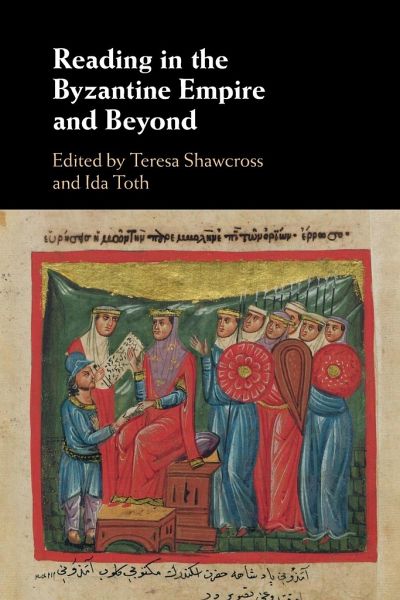
Reading in the Byzantine Empire and Beyond
Versandkostenfrei!
Versandfertig in 1-2 Wochen
67,99 €
inkl. MwSt.

PAYBACK Punkte
34 °P sammeln!
Reading in the Byzantine Empire and Beyond


Rechnungen
Bestellstatus
Retourenschein
Storno